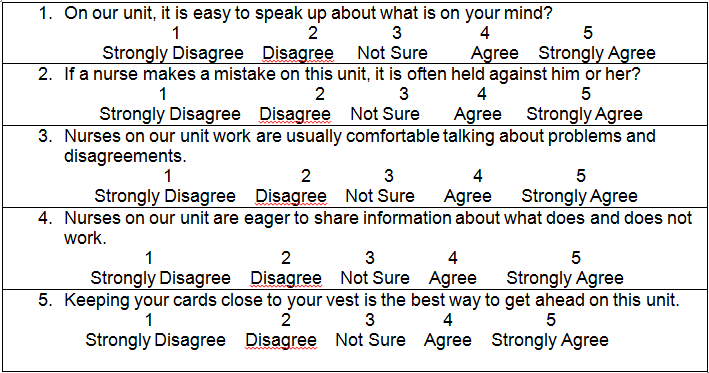Marsha Hughes-Rease
MSOD, MSN, RN
Magnet®, Pathway to Excellence®
With 30+ years of experience in Health care and over 10 years of consulting experience, Marsha Hughes-Rease brings a wealth of knowledge about organization effectiveness, culture change management, and group process to her consulting practice.
With 30+ years of experience in Health care and over 10 years of consulting experience, Marsha Hughes-Rease brings a wealth of knowledge about organizational effectiveness, culture change management, and group process to her consulting practice. She integrates this knowledge with her consulting expertise to help Health care organizations operationalize the Magnet® Model to achieve a professional practice environment focused on achieving empirical outcomes in a changing Health care environment.
Marsha has consulted with Health care administrators, nurse leaders, and clinical nurses in 30+ Health care organizations that have earned ANCC Magnet Recognition, or who are on the Magnet or Pathway to Excellence® journey. Using an intentional and inclusive consulting approach, she focuses on engaging clinical nurses, nurse managers, and other key stakeholders to accelerate the achievement of Magnet Recognition or Pathway to Excellence. She collaborates with senior nurse leaders and the chief nurse executive to identify and take strategic actions to create organizational alignment and commitment to the organization's mission and vision.
Marsha’s consulting specialty areas include providing an organizational assessment and gap analysis for Magnet Recognition or Pathway to Excellence, identification of concrete actions to close the gaps, facilitating the development and implementation of a professional practice model, facilitating the development and implementation of a shared decision-making model compatible with the organization's governance structure, review of written documents for Magnet Recognition submission, readiness preparation for a Magnet Recognition site visit, and customized training. Marsha regularly facilitates the two day Journey to Magnet Excellence® workshop. She has also co-designed and facilitates the one day workshop, Empirical Outcomes: Exceeding Magnet Expectations, which provides participants with an integration of practical tools to excel as change leaders.
Summary of Services
- Helps determine readiness to submit a Magnet or Pathway to Excellence application based on a gap analysis.
- Conducts a self-assessment that familiarizes participants with the Sources of Evidence in the Magnet Model while simultaneously gathering quantitative data to use as part of the gap analysis report.
- Conducts a self-assessment that familiarizes participants with the Pathway to Excellence Elements of Performance while engaging them in action planning to address perceived gaps.
- Conducts comprehensive on-site readiness assessments in preparation for Magnet site visits, a process which includes helping clinical nurses learn a communication technique that reflects self-confidence and competence, and articulates the value of nursing at the unit level.
- Provides transformational leadership development specifically facilitating peer coaching techniques to address complex issues
- Uses creative strategic planning techniques to increase staff nurse engagement, alignment with nursing strategic goals, and effective execution at the unit level.
- Customizes education and just-in-time training on transformational leadership, structural empowerment, and change management
- Works with senior leaders to design strategic interventions to address performance gaps.
- Works with nurse executives to address challenges at all levels that may potentially derail the Magnet Recognition or Pathway to Excellence designation process.
Education
- BSN, University of Kentucky, Lexington, KY
- MSN, Nursing Administration, George Mason University, Fairfax, VA
- MS, Organizational Development, Johns Hopkins University, Baltimore, MD
Certifications
- American Nurses Credentialing Center – Certificate Holder in Fundamentals of Magnet®
- Fielding Graduate University, Santa Barbara, CA – Graduate Certificate, Leadership Coaching
- Graduate Certificate, Skilled Facilitator, Johns Hopkins University, Baltimore, MD
Professional Memberships
- American College of Healthcare Executives
- American Nurses Association
- American Organization of Nurse Executives
- American Society of Training and Development
- Institute of Coaching
- International Coaching Federation
- International Leaders Association
- Plexus Institute
- Sigma Theta Tau International
Special Acknowledgements
- Published numerous articles and book chapters including a chapter on Transformational Leadership in the award-winning text, Nursing Management Principles and Practice(2011, Oncology Nursing Society)
- Served as adjunct faculty member at George Mason University College of Nursing, is a faculty member at Duke Corporate Education, and is a certified Executive Coach.
